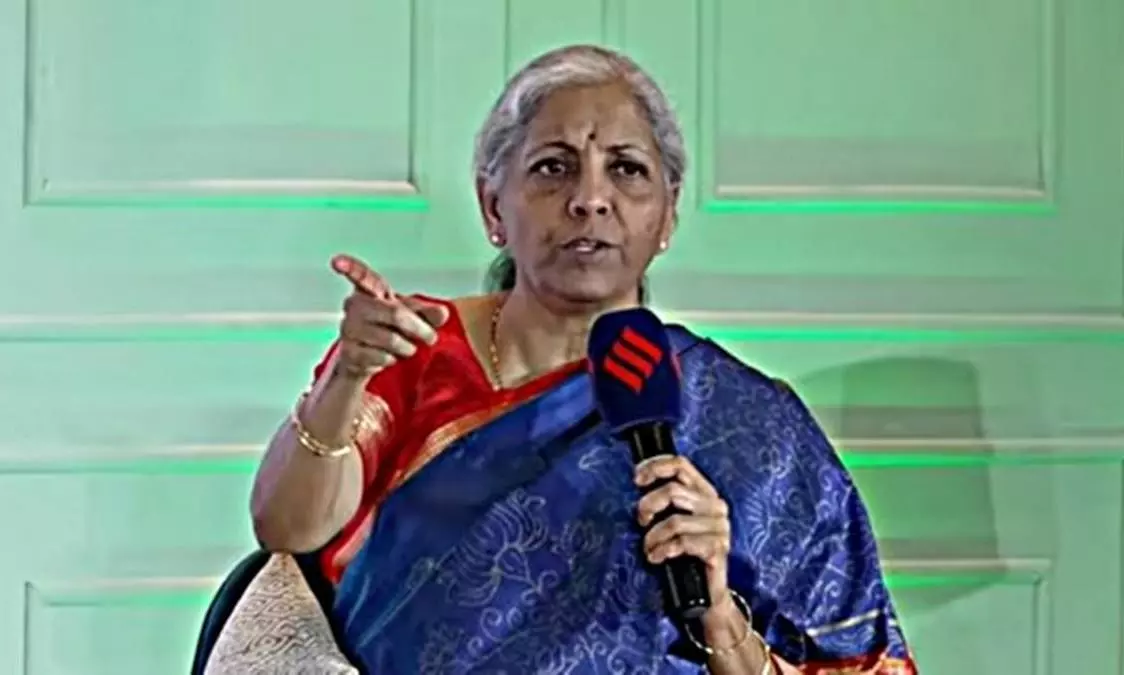
Karnataka HC stays extortion probe against Sitharaman, citing lack of locus standi
text_fieldsThe Karnataka High Court has paused an investigation into a complaint alleging that Union Finance Minister Nirmala Sitharaman and other key political figures were involved in an extortion scheme linked to electoral bonds.
The complaint, filed last week, claims that over Rs 8,000 crore was illicitly gained under the guise of these bonds. The court's decision halts further investigation until October 22, when the next hearing is scheduled.
Justice M. Nagaprasanna presided over the case and issued the stay, questioning whether the complainant, Adarsh Iyer, co-president of the Janadhikara Sangharsha Parishath, had the standing to pursue the case. While Iyer alleged extortion, the court noted that he was not directly affected by the alleged crime.
The court emphasised that, under Indian Penal Code (IPC) provisions, only an aggrieved party can initiate proceedings for certain offences, including extortion. Justice Nagaprasanna observed that Iyer had not demonstrated that he had been compelled to surrender property or money under duress, as is required under Section 383 of the IPC, which defines extortion.
The court explained that although criminal law can typically be set into motion by any individual, specific cases like assault, theft, and extortion require the complainant to have been directly harmed. Since Iyer had not claimed to have been extorted, the court found that the complaint did not meet the criteria for further investigation under Section 384 of the IPC, which outlines the punishment for extortion.
The complaint filed by Iyer named several prominent political figures as respondents, including Sitharaman, BJP president J.P. Nadda, Karnataka BJP leader Naleen Kateel, Karnataka BJP president B.Y. Vijayendra, and the Enforcement Directorate (ED). Iyer accused these individuals of orchestrating a conspiracy to extort companies under the pretext of electoral bonds, which are financial instruments introduced by the BJP government in 2018. The bonds allow individuals and organisations to make anonymous donations to political parties. Iyer alleged that Sitharaman had collaborated with the ED to conduct raids on major companies and coerce them into making donations via electoral bonds.
The case was initiated after the Bengaluru police filed a First Information Report (FIR) following instructions from a special court in the city. However, the high court’s decision has now put the investigation on hold, with the next hearing set for later this month.
The use of electoral bonds has been a contentious issue in Indian politics since their introduction. While the bonds were designed to offer anonymity to donors, critics have argued that the system lacks transparency and can be misused for political gain. In February 2024, the Supreme Court ruled that the bonds violated the public’s right to information and declared them unconstitutional. The opposition has frequently accused the BJP of using the ED to target political rivals through raids and investigations.






















